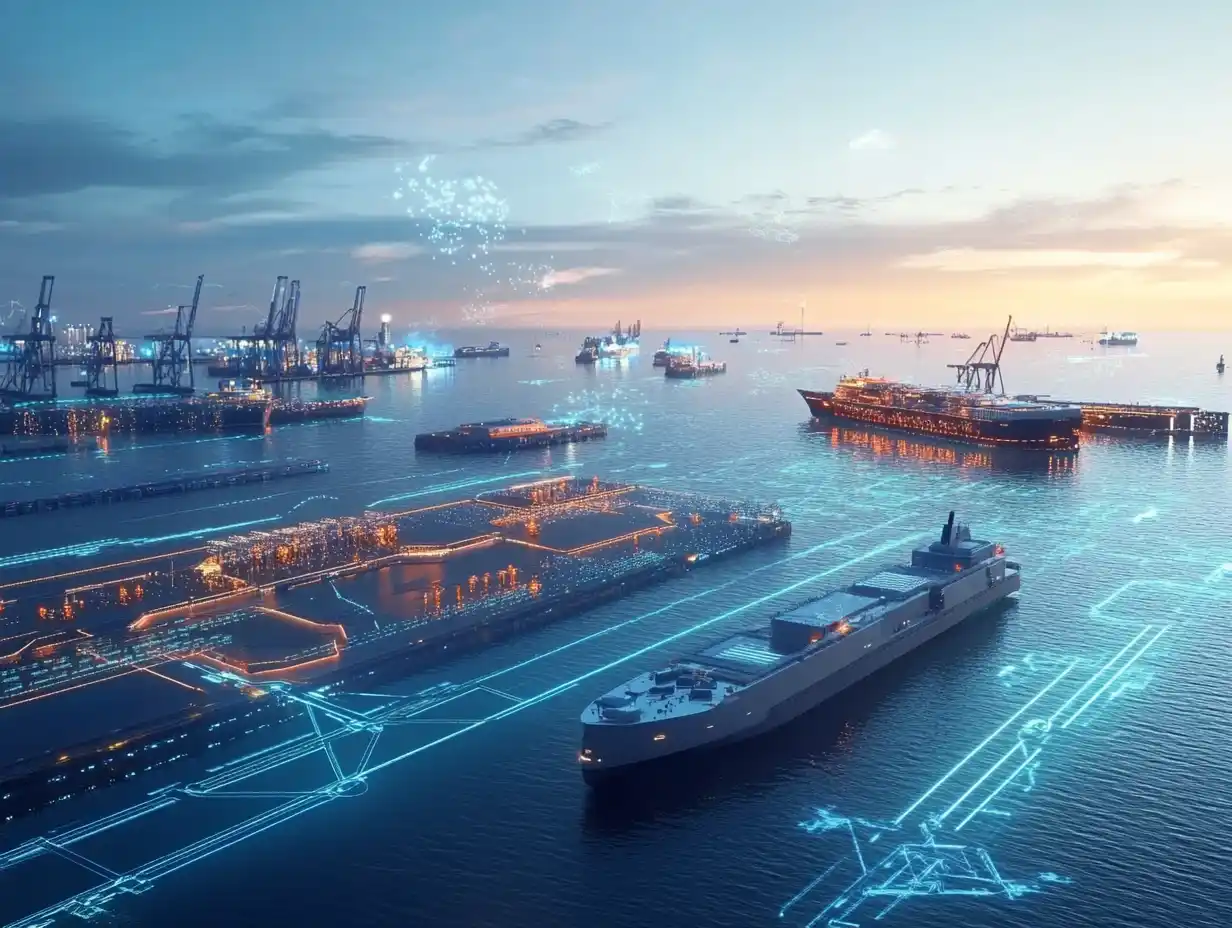-
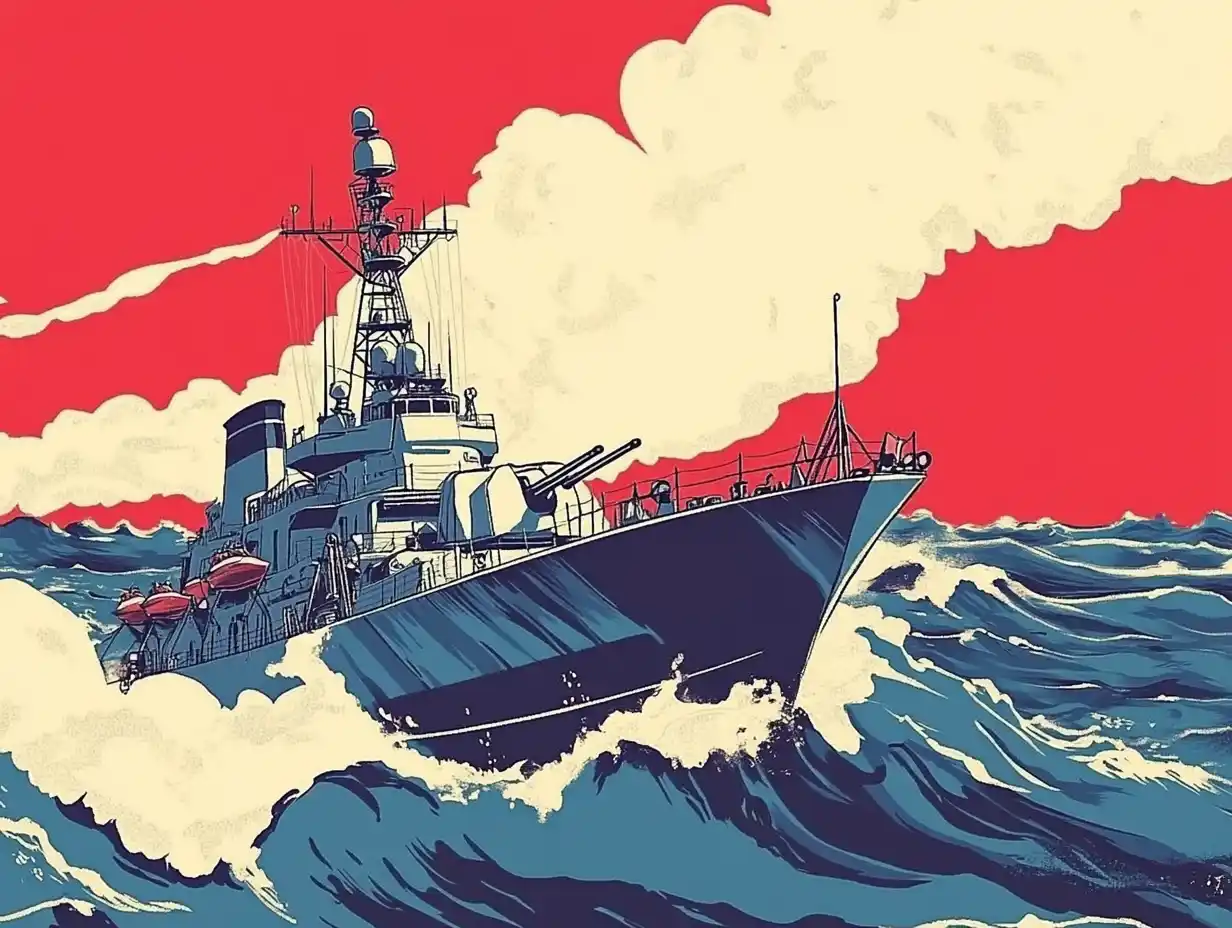
Growing Danger in Asia’s Waters: Ships, Missiles, and Money Problems
Naval Arms Race Heats Up as China Pushes Boundaries The waters of the Asia-Pacific are becoming more crowded and dangerous as countries build up their navies. China has created the world’s largest naval force with 234 warships. This is even more than the United States Navy’s 219 ships. This massive build-up by China threatens peace…
-
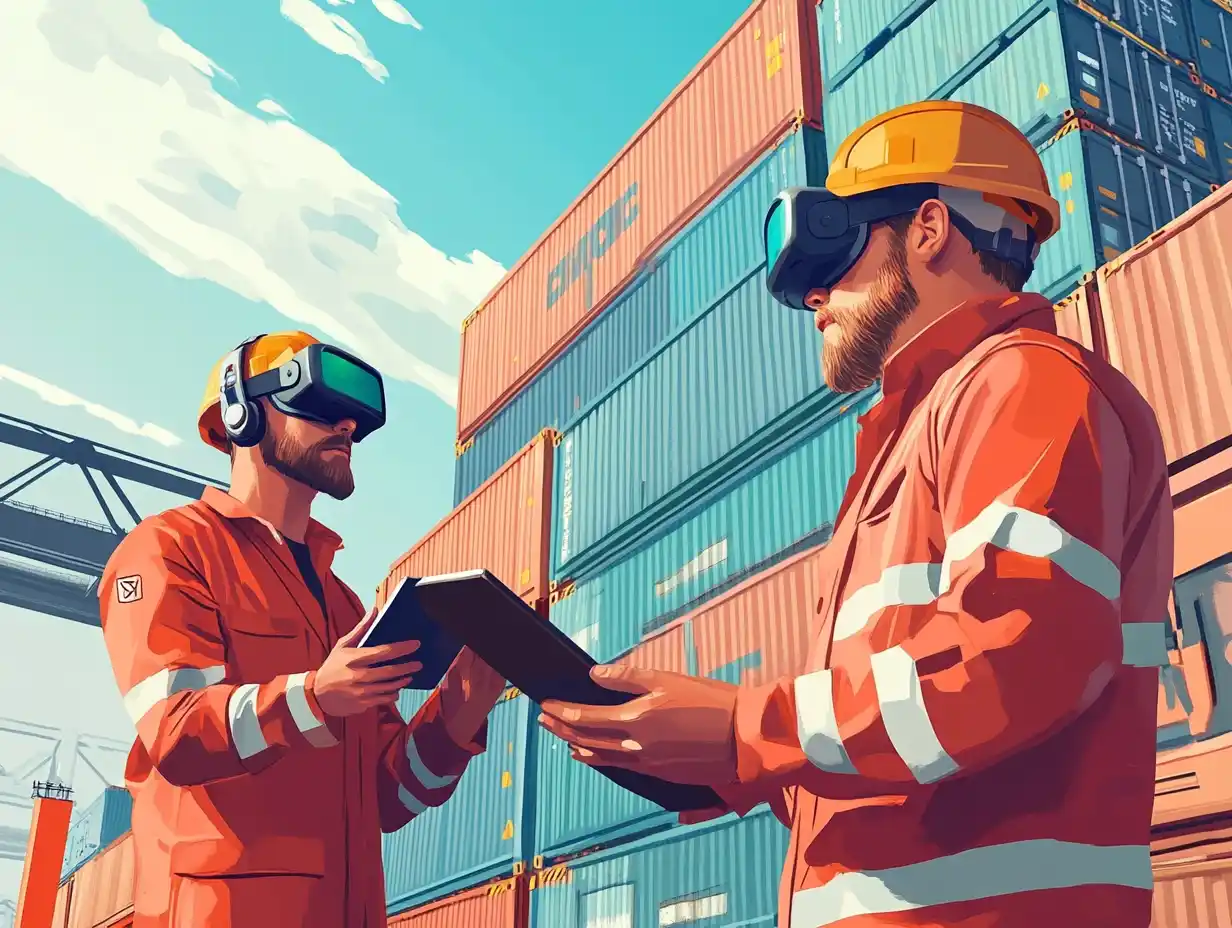
Professional Insights in Maritime 4.0: Workforce Preparation for Digital Transformation
Hey there! Ever wondered how the maritime industry is getting super smart? It’s all about Workforce Preparation for something called Maritime 4.0! This means getting people ready with the right skills for the new tech on ships. This article will show you what skills are important and how people are learning to work with these…
-
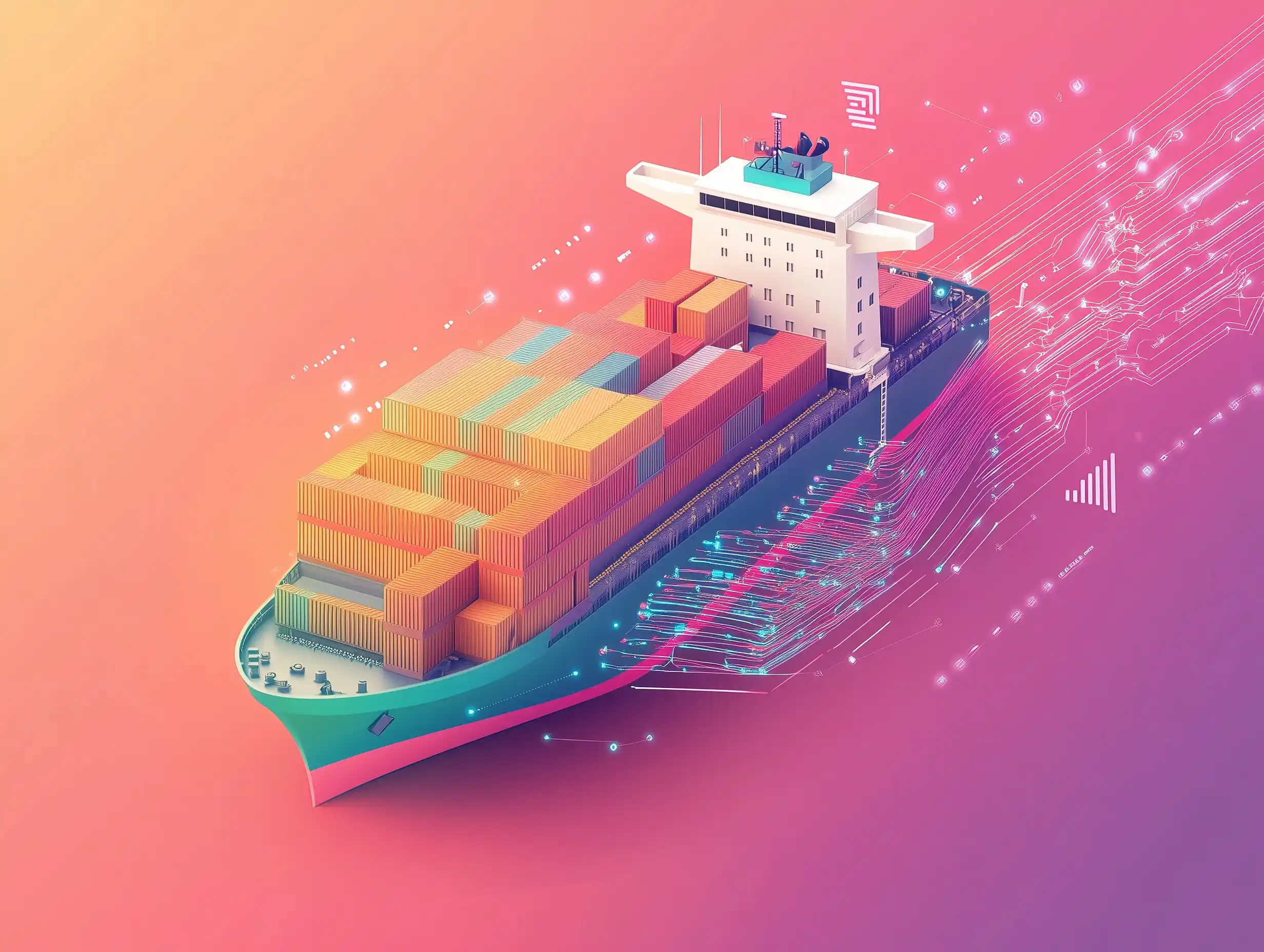
The Role of Big Data Analytics in Shipping: Transforming Maritime Operations
Smart Ships: How Numbers Help Boats Work Better Have you ever wondered how giant ships cross oceans without getting lost? Or how they know which route is fastest? Today, ships use something called big data analytics to become smarter and better at their jobs. Let’s explore how computers and numbers are changing the way ships…
-

From the Sextant to Maritime 4.0: The Evolution of the Maritime Industry
Maritime Evolution Have you ever wondered how ships at sea find their way? Or how the huge ships that carry our clothes, toys, and food across oceans have changed over time? The maritime industry—which means everything related to ships, oceans, and sea travel—has gone through amazing changes. From simple tools like the sextant (a tool…
-

Digital Twin Offshore Management: Leveraging Maritime 4.0 Technology
Introduction Digital twin offshore management is revolutionizing how we monitor, maintain, and optimize offshore assets in the oil and gas industry. As a cornerstone of Maritime 4.0, digital twin technology creates virtual replicas of physical assets that update in real-time, enabling unprecedented levels of predictive maintenance and operational efficiency. This technology bridges the physical and…
-
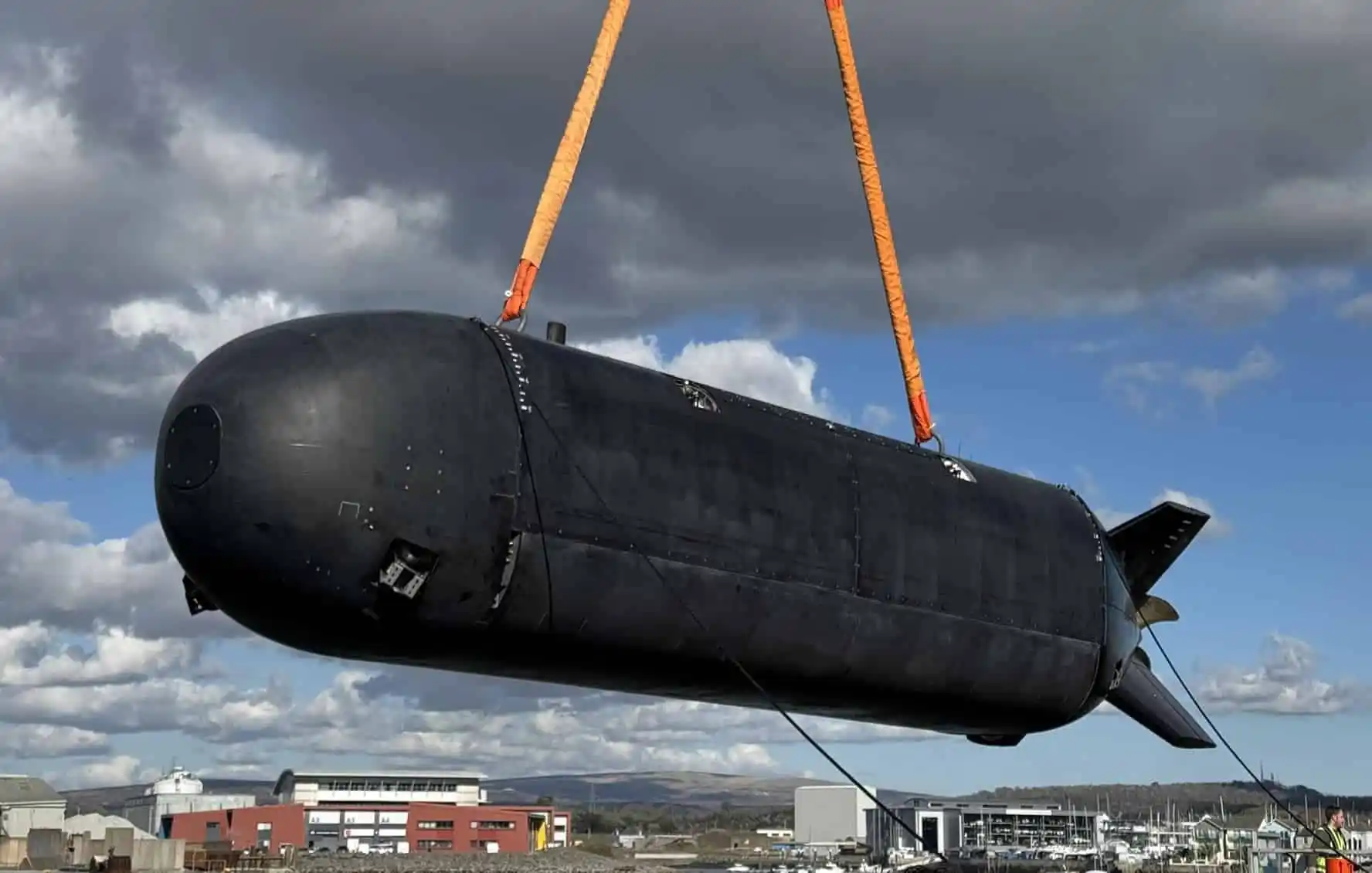
Project CETUS XLUUV: Revolutionizing Royal Navy’s Underwater Capabilities
What is Project CETUS? The Royal Navy is making waves with an amazing new underwater robot submarine called Project CETUS. This robot submarine, known as an Extra Large Uncrewed Underwater Vehicle (XLUUV), is changing how navies work underwater. Built by a company called MSubs Ltd in Plymouth, UK, Project CETUS is like a giant underwater…
-
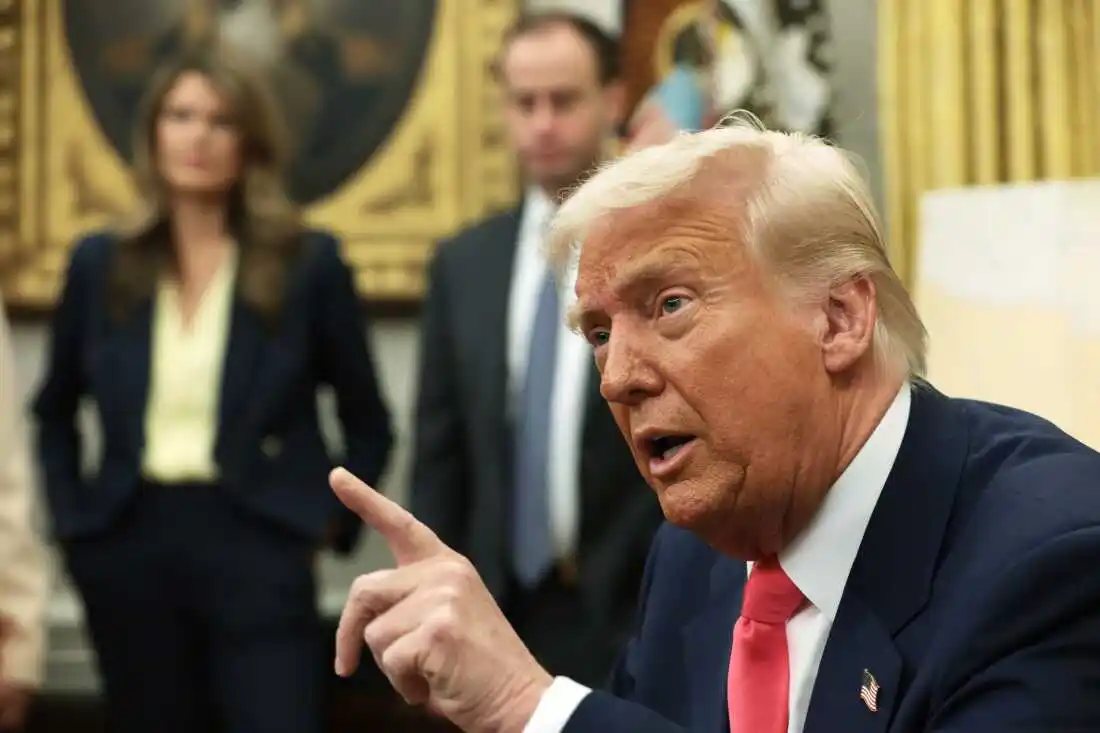
Trump’s Shipbuilding Plan Reshapes Ocean Cargo Landscape
Key Takeaways The Race to Revitalize American Shipbuilding President Donald Trump’s bold maritime initiative to revive American shipbuilding has sent ripples across the ocean cargo industry. The plan, known as “Make Shipbuilding Great Again,” aims to reverse decades of decline in U.S. shipbuilding through tariffs on imported vessels and redirection of harbor maintenance taxes into…
-
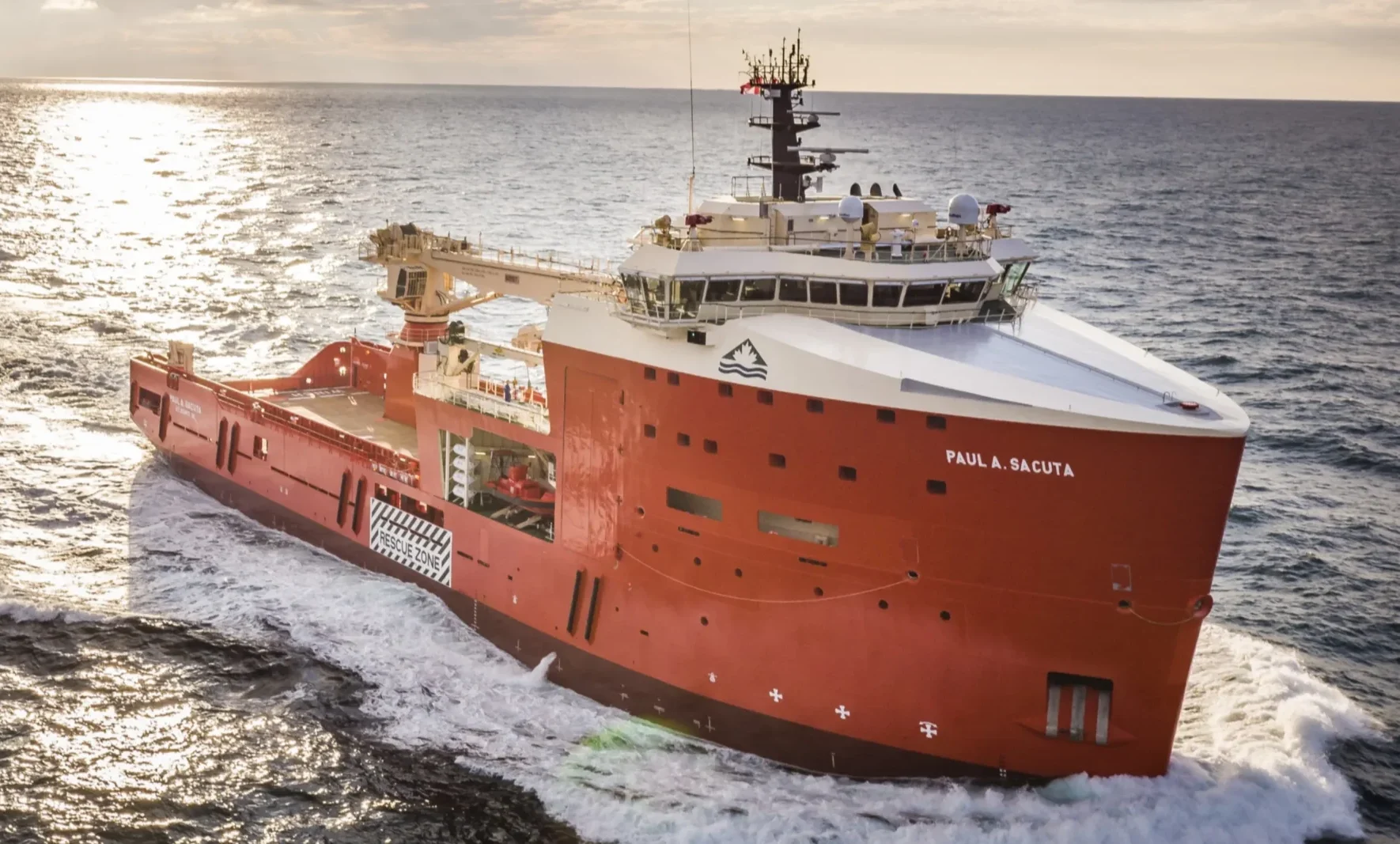
Platform Supply Vessels: The Critical Maritime Workhorses of Offshore Operations
Platform Supply Vessels can transport up to 10,000 cubic meters of supplies to offshore platforms – enough to fill four Olympic-sized swimming pools! These specialized ships are the workhorses of the offshore industry, delivering everything from fuel to massive equipment. Ocean-Going Lifelines: The Maritime Workhorses Platform Supply Vessels (PSVs) are the backbone of offshore operations.…
-
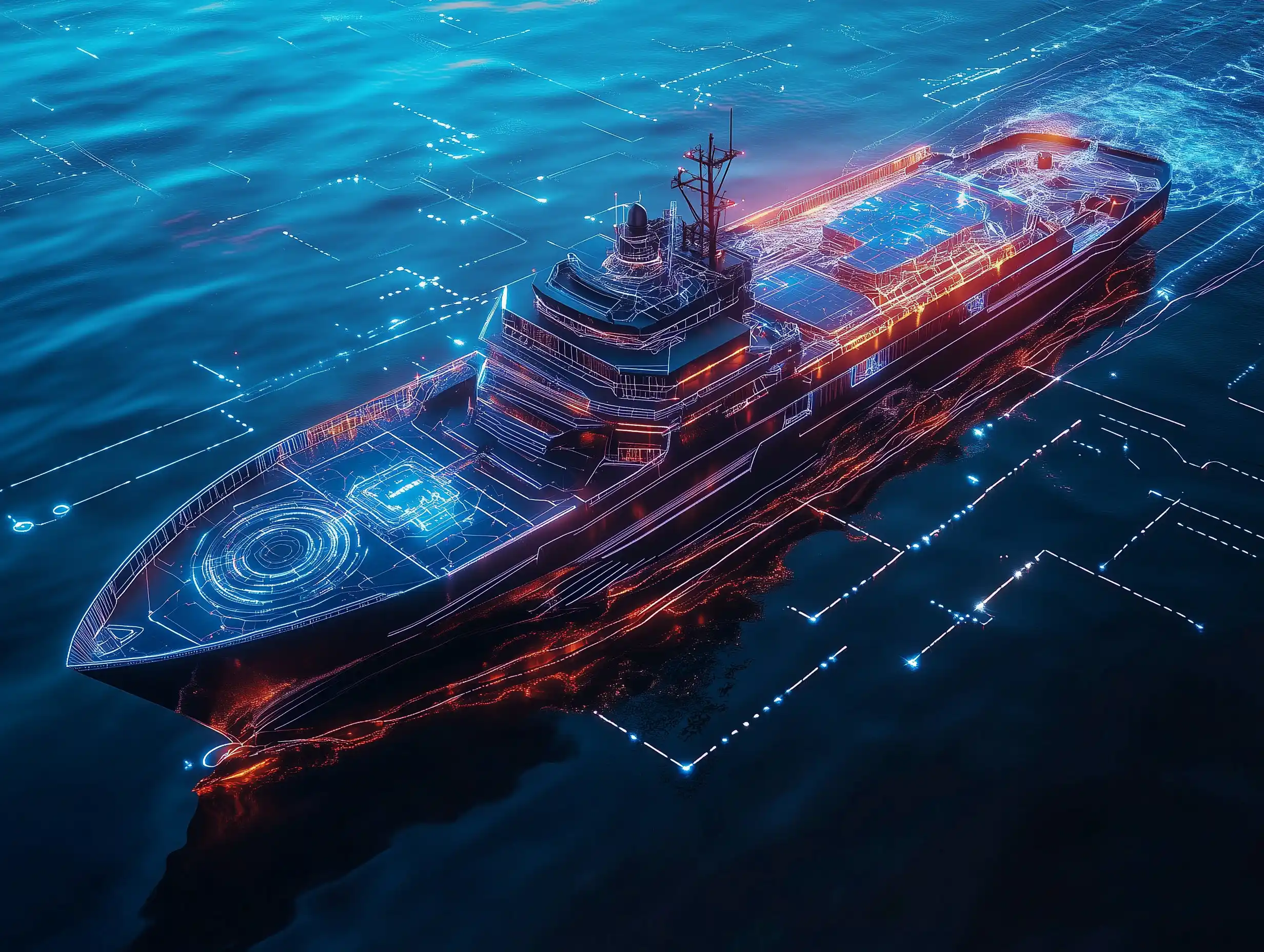
Maritime Innovation: How AI is Transforming the Shipping Industry
Navigating the Future of Maritime Technology Imagine ships that can navigate oceans without human hands on the wheel, using artificial intelligence to plot courses, avoid obstacles, and optimize routes. This vision of maritime innovation is rapidly becoming a reality, transforming the shipping industry in ways we could only dream of just a decade ago. As…
NeonHorizon
Exploring the horizons of the maritime industry.

